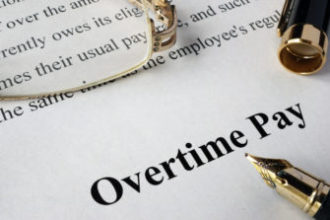A pizza restaurant chain in Manchester, Connecticut was held liable for violating the Fair Labor Standards Act (FLSA). An investigation…
A Brooklyn federal judge has ruled that baklava chefs’ jobs were not “creative” to meet the Fair Labor Standards Act’s…

Call center service provider Great Virtual Works is facing a collective action complaint for violations of the FLSA (Fair Labor…
The misclassification of employees is both against the law and damaging to the employee and employer. Employees lose significant wages…
Under the Fair Labor Standards Act (“FLSA”), there is no black-and-white rule for determining when travel time is compensable—it all…

Last week, law firms Barkan Meizlish DeRose Cox, LLP and JTB Law Group, LLC filed a class and collective action against…
Workers frequently work over 40 hours a week in this rapidly growing industry, sometimes even up to 100 hours per…

